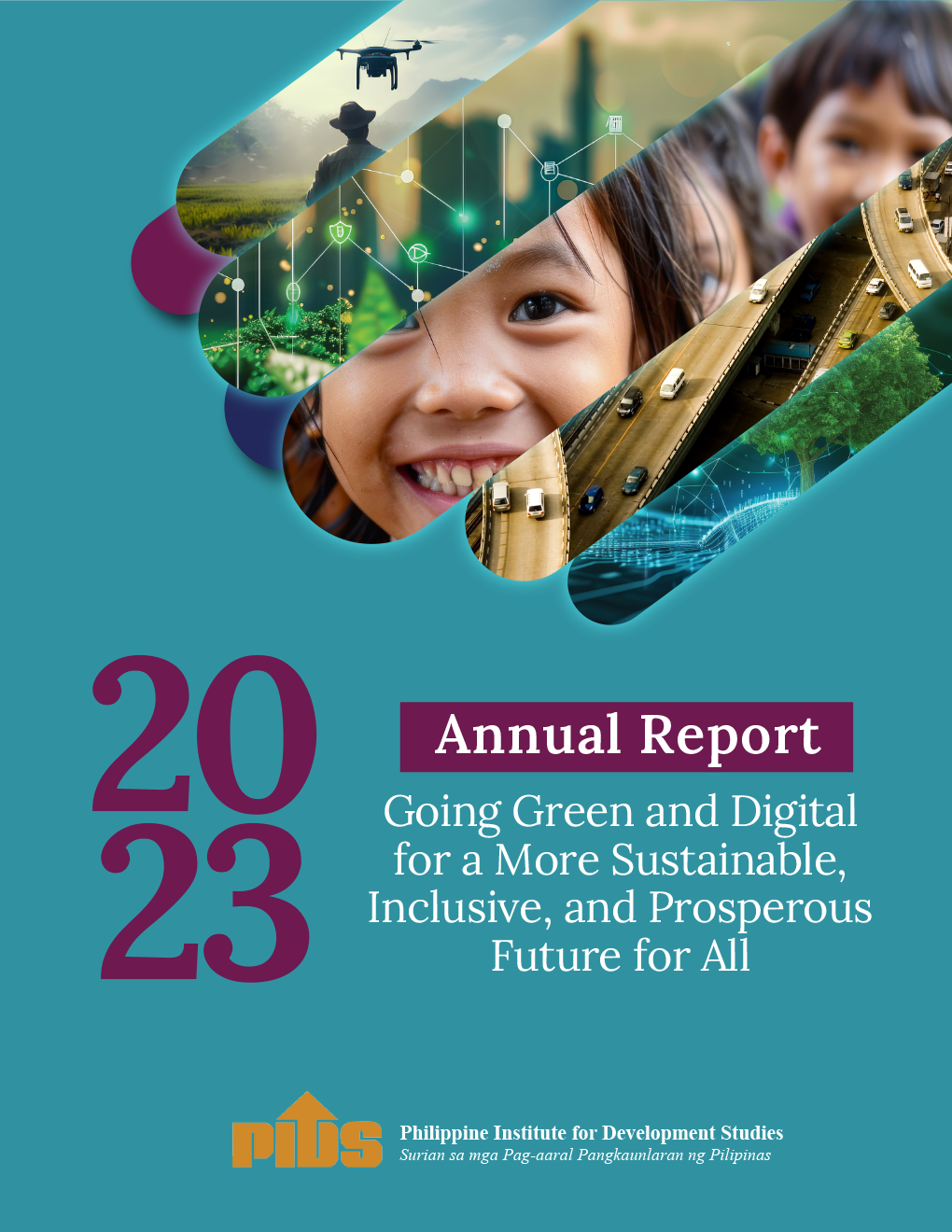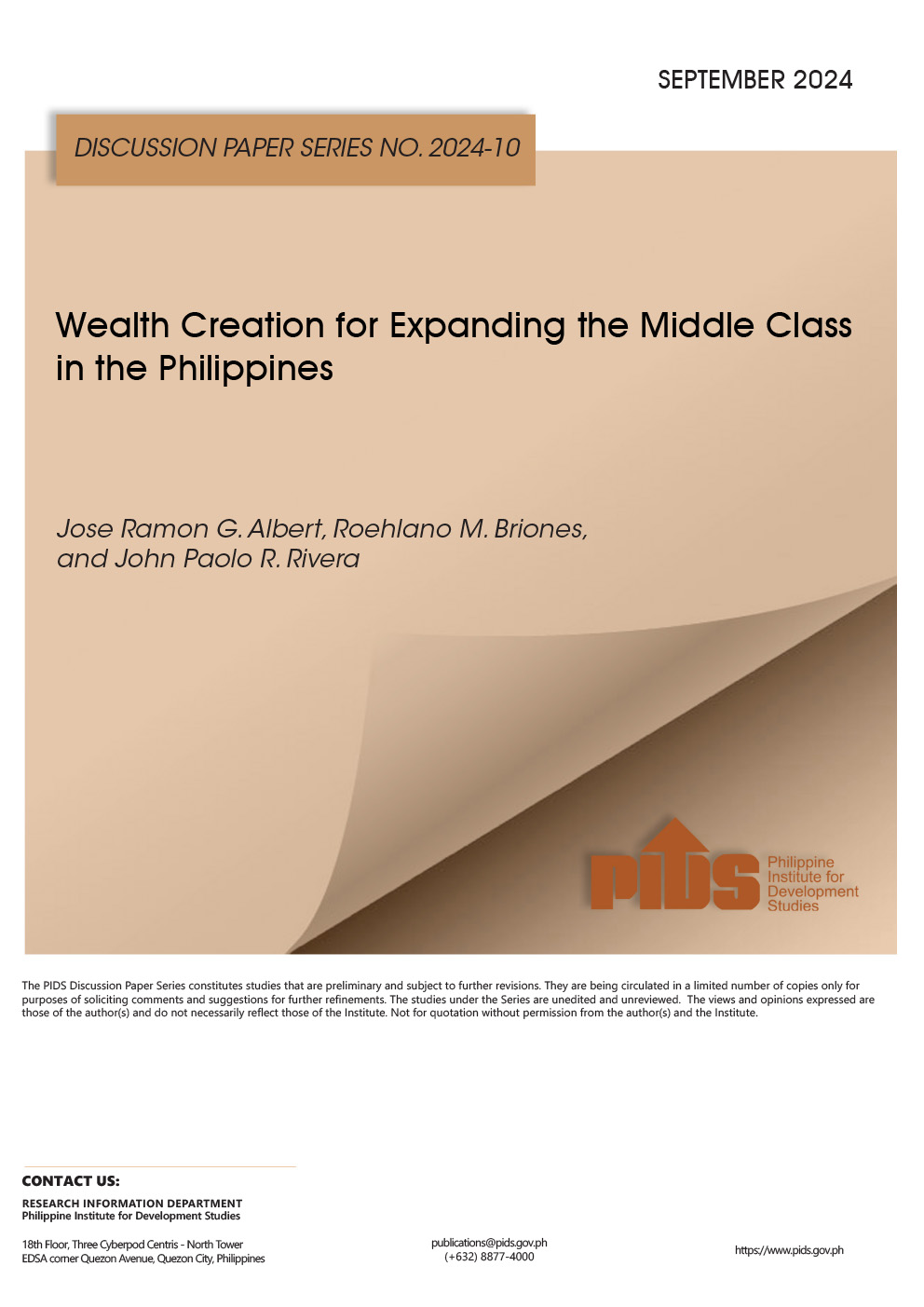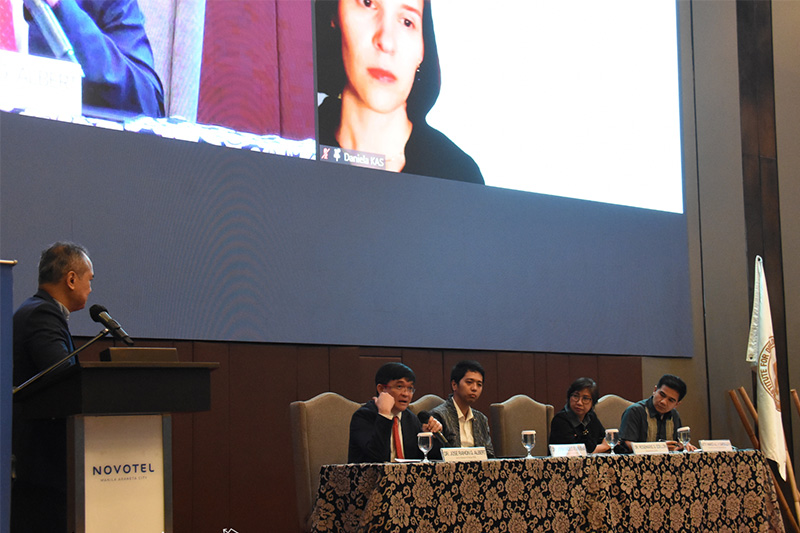WITH the April 15 deadline for filing income tax returns coming after Holy Week, we hear suggestions for (1) presidential candidates to disclose income taxes paid and (2) the lowering of highest personal income tax rate from 32 percent to 20-25 percent.
Income taxes will account for some 60 percent of the P2.026-trillion collection that the Bureau of Internal Revenue targets this year. Other revenue sources: value-added tax (P405.11 billion), excise tax (P170.72 billion), percentage tax (P82.9 billion), and other taxes (P123.54 billion). Taxes will cover about 83 percent of the current P3-trillion national budget.
Reader Federico Infante Lojo of Lipa City suggests that all presidential candidates be pressured to disclose the personal income tax they had paid in the past 10 years. It is a reasonable proposal.
He said that in the case of Sen. Grace Poe Llamanzares, who leads in the surveys despite questions about her citizenship and residency, voters should know the income taxes she had paid the BIR compared to her payments to the US Internal Revenue Service.
Former Sen. Migz Zubiri, meanwhile, said he would push for up to P250-billion in personal income tax cuts “to boost the buying power of the middle class and put more money in the pockets of low-income households for their consumption spending.”
He said he was “looking at lowering the highest personal income tax rate from 32 percent to between 20 to 25 percent, which are the prevailing highest rates in Singapore and Malaysia.”
There was a similar proposal in the Congress last year, but President Noynoy Aquino shot it down, saying that would result in at least P30-billion yearly reduction in revenues.
A Philippine Institute for Development Studies report also said that with the big amount of forgone revenue – estimated at P52-P232 billion -- the government may have to resort to additional levies in other areas.
“The PIDS study is a one-dimensional view,” Zubiri said. “Once we give the P250 billion to families to spend on their own – whether they decide to simply buy more groceries or procure new durable goods – a large portion of the money will be recaptured by government, since all purchases are slapped a 12-percent sales tax.”
Income taxes will account for some 60 percent of the P2.026-trillion collection that the Bureau of Internal Revenue targets this year. Other revenue sources: value-added tax (P405.11 billion), excise tax (P170.72 billion), percentage tax (P82.9 billion), and other taxes (P123.54 billion). Taxes will cover about 83 percent of the current P3-trillion national budget.
Reader Federico Infante Lojo of Lipa City suggests that all presidential candidates be pressured to disclose the personal income tax they had paid in the past 10 years. It is a reasonable proposal.
He said that in the case of Sen. Grace Poe Llamanzares, who leads in the surveys despite questions about her citizenship and residency, voters should know the income taxes she had paid the BIR compared to her payments to the US Internal Revenue Service.
Former Sen. Migz Zubiri, meanwhile, said he would push for up to P250-billion in personal income tax cuts “to boost the buying power of the middle class and put more money in the pockets of low-income households for their consumption spending.”
He said he was “looking at lowering the highest personal income tax rate from 32 percent to between 20 to 25 percent, which are the prevailing highest rates in Singapore and Malaysia.”
There was a similar proposal in the Congress last year, but President Noynoy Aquino shot it down, saying that would result in at least P30-billion yearly reduction in revenues.
A Philippine Institute for Development Studies report also said that with the big amount of forgone revenue – estimated at P52-P232 billion -- the government may have to resort to additional levies in other areas.
“The PIDS study is a one-dimensional view,” Zubiri said. “Once we give the P250 billion to families to spend on their own – whether they decide to simply buy more groceries or procure new durable goods – a large portion of the money will be recaptured by government, since all purchases are slapped a 12-percent sales tax.”












